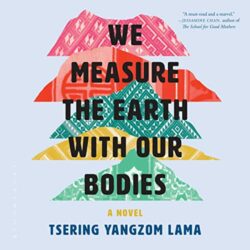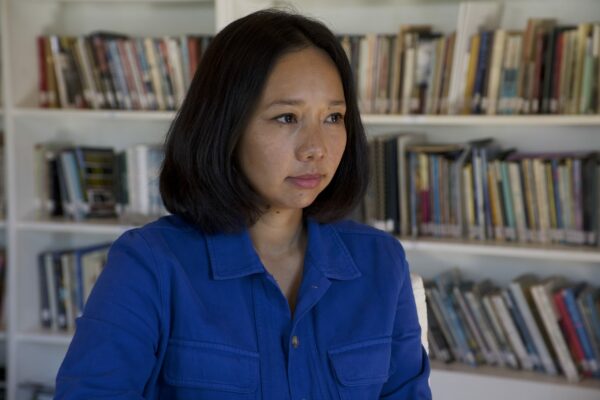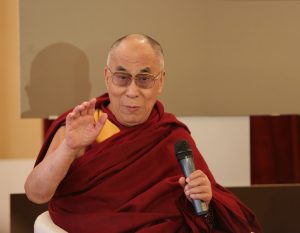Today the web newspaper Uyghur Times (see full quote below) relays the horrific news of another unjust fantasy sentence against our academic colleague the folklorist Ablimit Yasin, who was first seized and disappeared in 2017 by the Chinese authorities at the airport, going to a scholarly conference in Beijing together with our more famous colleague Rahile Dawut, –that is, alongside the many hundreds if not thousands of professional and cultural leaders similarly and purposefully annihilated by the Chinese regime, so as to decapitate Uyghur culture as such.
As fellow scholars we cannot tolerate the Chinese regime’s mass atrocities, mass family separations, concentration camps, torture, destruction of local cultures and languages, targeting of cultural leaders, slave labor, endless disappearances, and endless prison terms (500,000 so far) that produce only dead corpses.
We must act with determined solidarity.
Magnus Fiskesjö <magnus.fiskesjo@cornell.edu>
Source: Uyghur Times (8/13/23)
Uyghur Professor Dr. Ablimit Yasin Sentenced to 12 Years
Dr. Ablimit Yasin, a young Uyghur professor of folklore at the School of Humanities, Xinjiang University, has been sentenced to 12 years in prison, sparking concerns among Uyghur scholars like Abduweli Ayup, who was the first to report this case, regarding the fate of prominent Uyghur academics in the region.
Dr. Yasin’s arrest took place at the end of 2017, along with that of his supervisor, Dr. Rahile Dawut, while they were en route to a conference in Beijing. The sentencing was handed down in 2019, amidst the escalation of the CCP’s genocidal policies in the region. Dr. Yasin, known for his studies in Islamic history, had also been sent to Iran by the university for religious studies. Continue reading










